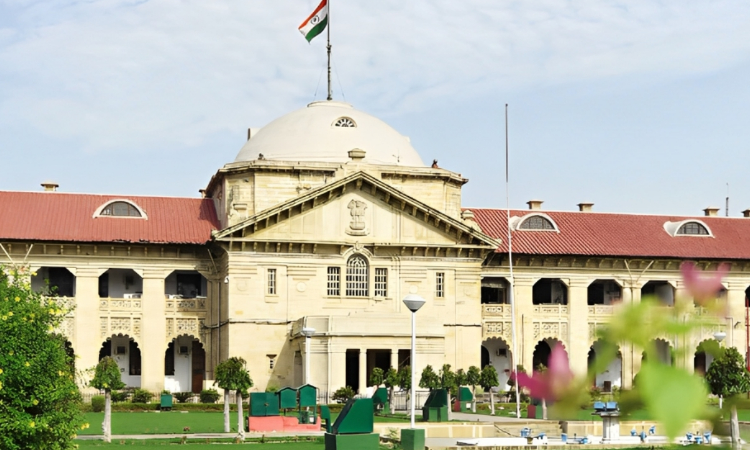The Allahabad High Court dismissed a First Appeal From Order (FAFO) under Section 173 of the Motor Vehicles Act, 1988 filed with a delay of 3107 days as the appellant, sole proprietor of the transport company, failed to inquire about the status of the case.Justice Rajnish Kumar held that “A litigant, who is such negligent that he/she would not inquire for the status of case for such a...

